The WRTH Provo Residential Program
The WRTH program at New Roads is structured to offer help, healing, and support to AFAB (assigned female at birth) or female presenting and genderqueer clients, helping them build a strong foundation for a more successful future. With dialectical behavior therapy and dual diagnosis, we give you control over your mental health, teaching you essential life skills and coping strategies to help you find your best self.
- Dual diagnosis, with an emphasis on mental health
- Specializing in Borderline Personality Disorder

This program includes:
The Residential component of the WRTH program operates at the Provo Residential Facility. WRTH provides services to AFAB (assigned female at birth) or female presenting and genderqueer individuals with complex problems, specializing in treating AFAB clients with Borderline Personality Disorder (BPD) to best address individuals struggling with multiple and complex symptoms, like BPD, suicidal ideation, Substance Use Disorder, etc.
Random Drug Testing
Medical Management
24/7 Staff Availability
Group Sessions
Individual Sessions
Family Sessions
Residential Facility
Recreation
Transitional Program
We offer semi-independent apartment living, life skills training, education and internship opportunities, and more—all geared toward ensuring a healthy, successful, sober future.
Dialectical Behavioral Therapy (DBT)
The term dual diagnosis treatment has been usurped recently. New Roads, with the on-site and full-time psychiatric care, provides true ASAM-defined Dual Diagnosis Enhanced (DDE) treatment.
Clinicians participated in an 80-hour comprehensive DBT training. Beyond this, most staff members have considerable DBT education, including DBT trauma treatment, DBT Substance Use Disorder treatment, and extensive mindfulness training. Notably, many of the direct care staff have received comprehensive DBT education, allowing them to offer in-the-moment skills and behavior coaching.
Comprehensive DBT Treatment
New Roads offers a comprehensive DBT program, which has been proven effective by more than 30 randomized controlled trials.
Comprehensive DBT programs necessarily include:
- Individual Therapy – Improve motivational factors
- DBT Skills – Enhance capabilities
- Structuring the Environment – Build healthy environment
- Telephone Consultation – Assure generalization to the natural environment
- Consultation Team – Enhance therapist capabilities
The above five modes and functions of DBT allow New Roads clinicians and staff members to help clients better identify the life they want, particularly in service of their high-level values. Clinicians help the client identify behaviors that prohibit them from moving towards their life worth living.
Clients then learn skills and new behaviors to replace these problematic behaviors. These behavioral-change approaches are applied concurrently with mindfulness and comprehensive acceptance strategies.
About Our Program
Typically, WRTH clients are referred from acute care settings, insurers, or other programs. Thus, New Roads maintains collaborative relationships with payers, psychiatric hospitals, emergency rooms, law enforcement, etc. New Roads particularly coordinates with local mental health and general medical facilities.
- Demographic: The WRTH Residential Program serves clients throughout Utah and nationwide.
- Admissions are accepted Sunday through Thursday to ensure adequate and quick intervention.
- Lengths of stay (LOS) are determined by the client’s clinical treatment team and care managers. Residential LOS is on average 74 days.
A Continuum of Care for Lasting Healing
Our team members are highly skilled in a variety of therapeutic modalities and techniques. We use a combination of evidence-based treatment methods, including dual diagnosis and individually tailored treatment to meet your specific needs.
- Cognitive Behavioral Therapy (CBT)
- Dialectical Behavioral Therapy (DBT)
- Motivational Interviewing
- Psychiatric Oversight
Who Says Treatment Can’t Be Fun?
- Three recreational sessions a week
- Basketball, volleyball, pool table, ping pong, and foosball
- Access to books, television, and video games
- Open spaces for jogging, skateboarding, and other outdoor recreation

Active, Positive, Growth-Oriented Community
During residential treatment, we encourage our clients to practice maintaining healthy, balanced lifestyle. In addition to addiction, self-harm, and other destructive habits, many adults struggle with rigid thinking patterns. These hamper our ability to learn, change, and progress. Creative expression, thought exercises, and physical activity can help break this rigidity, allowing our clients to achieve greater emotional freedom and growth.
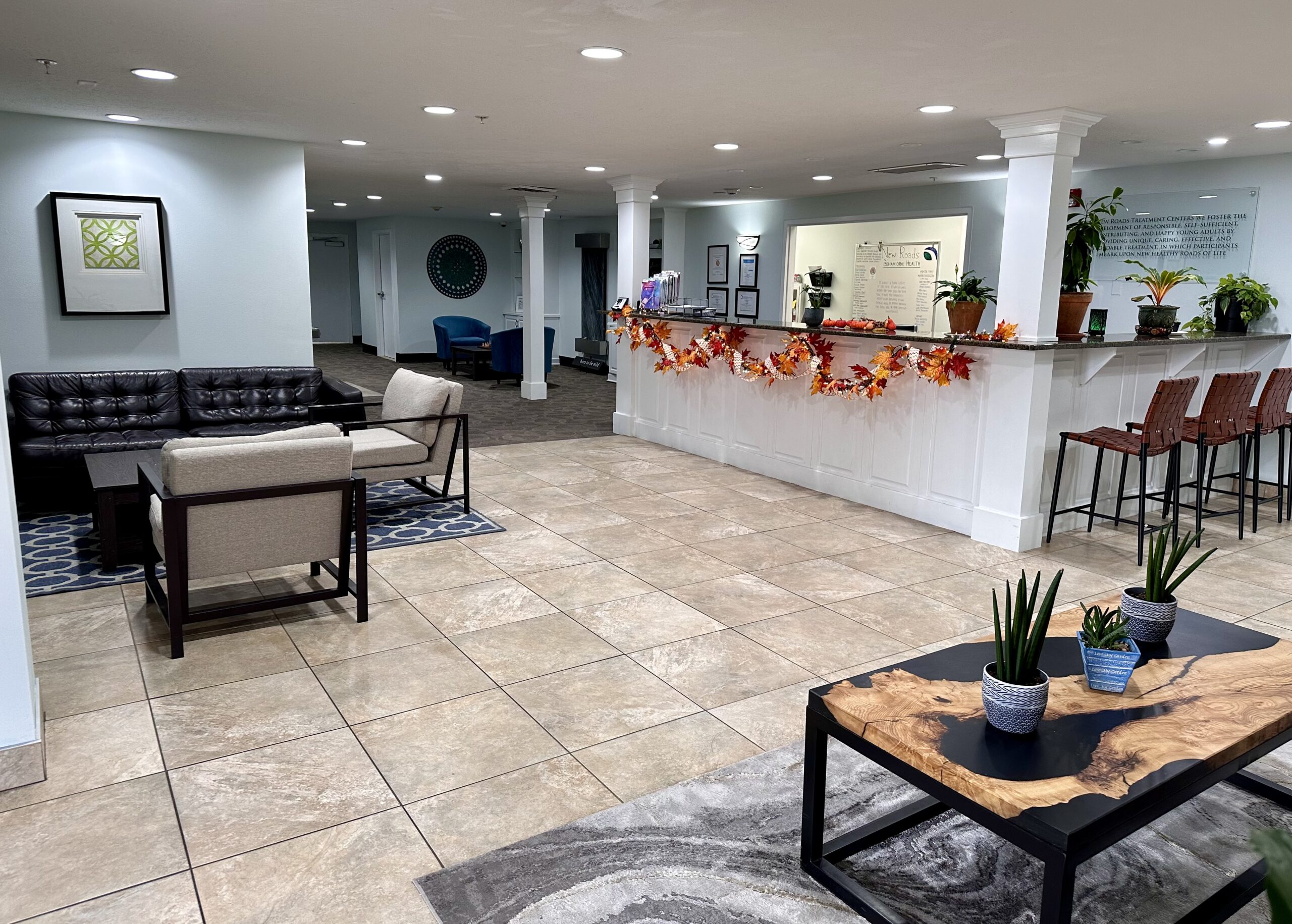
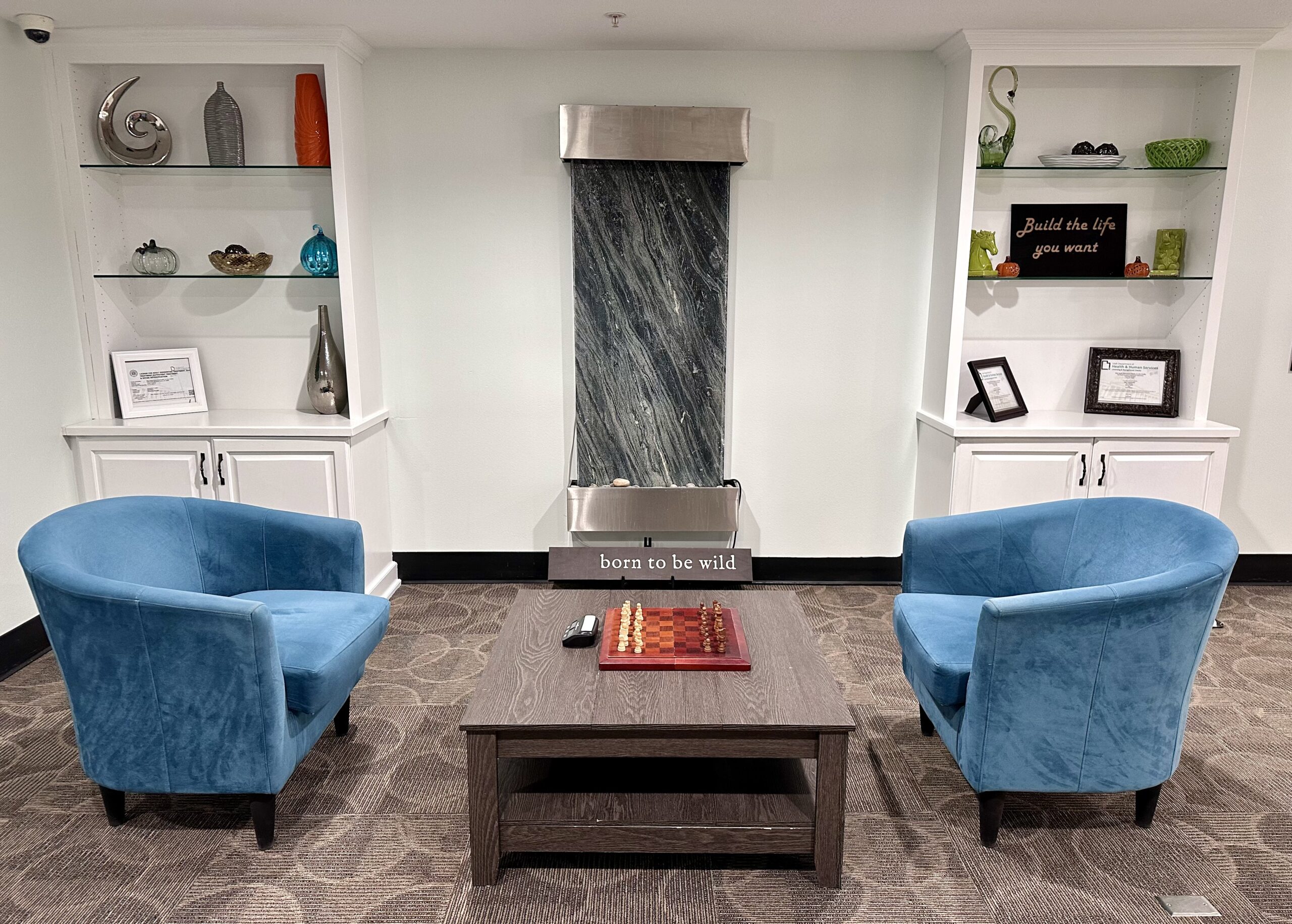
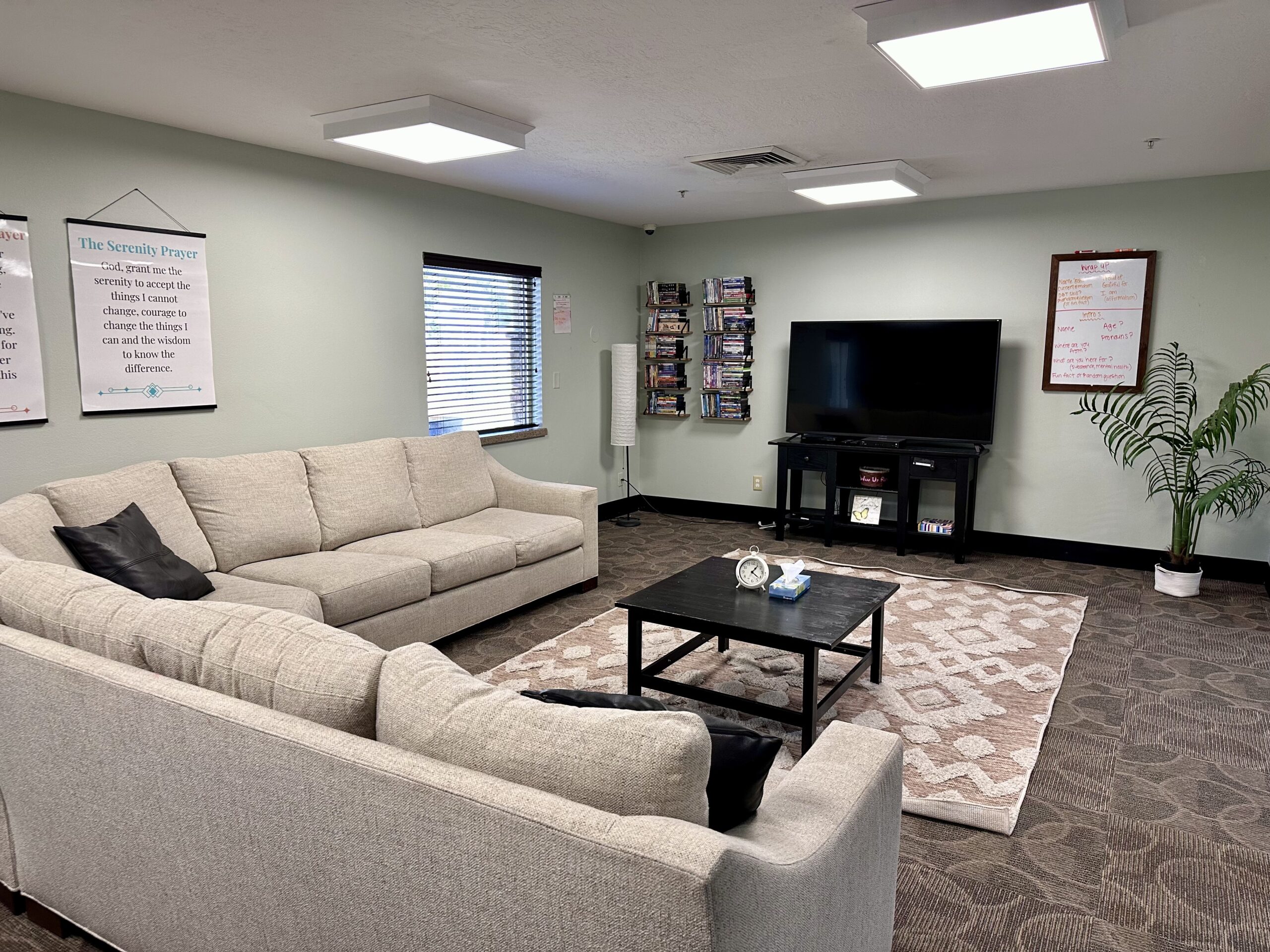
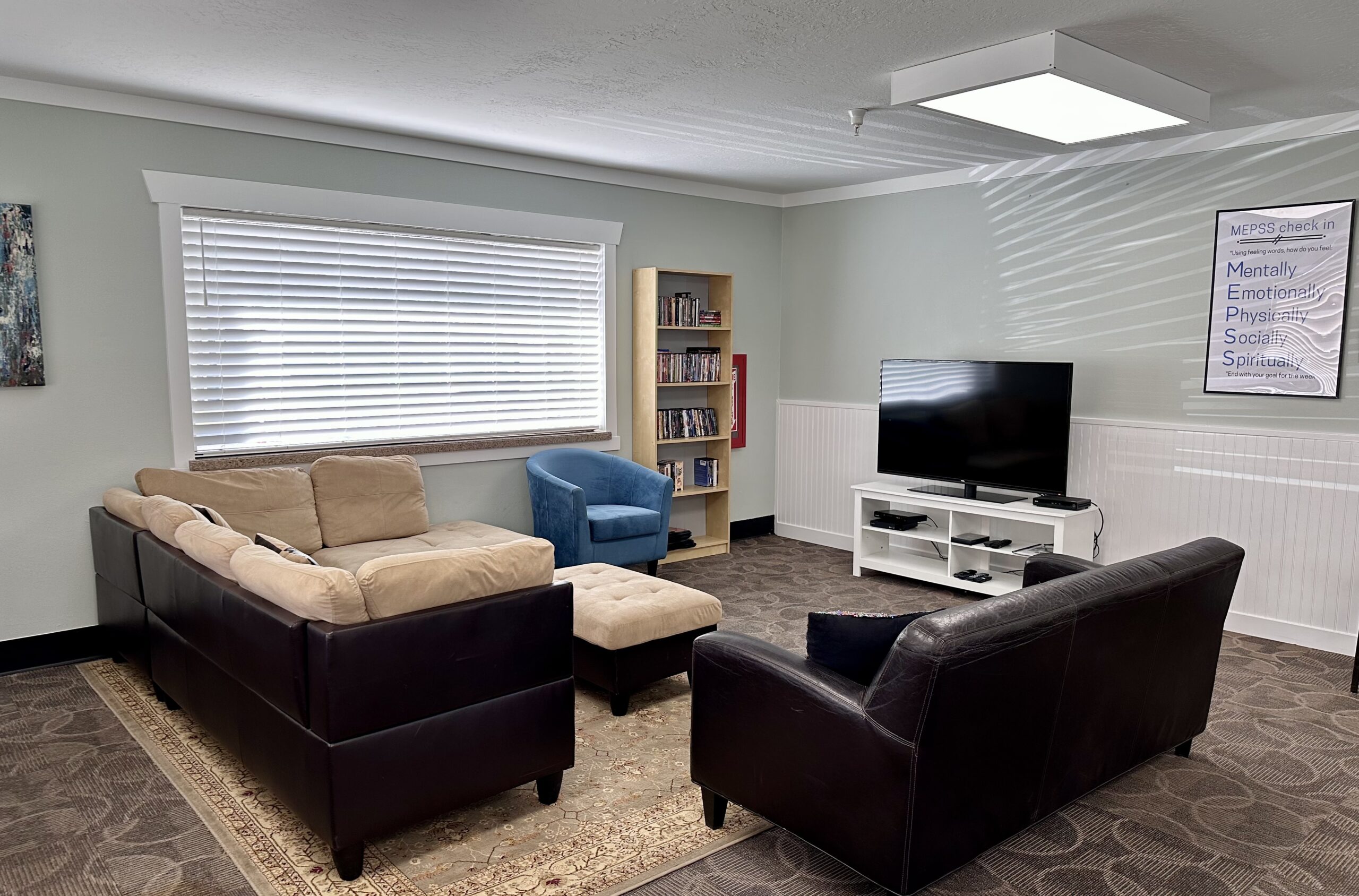
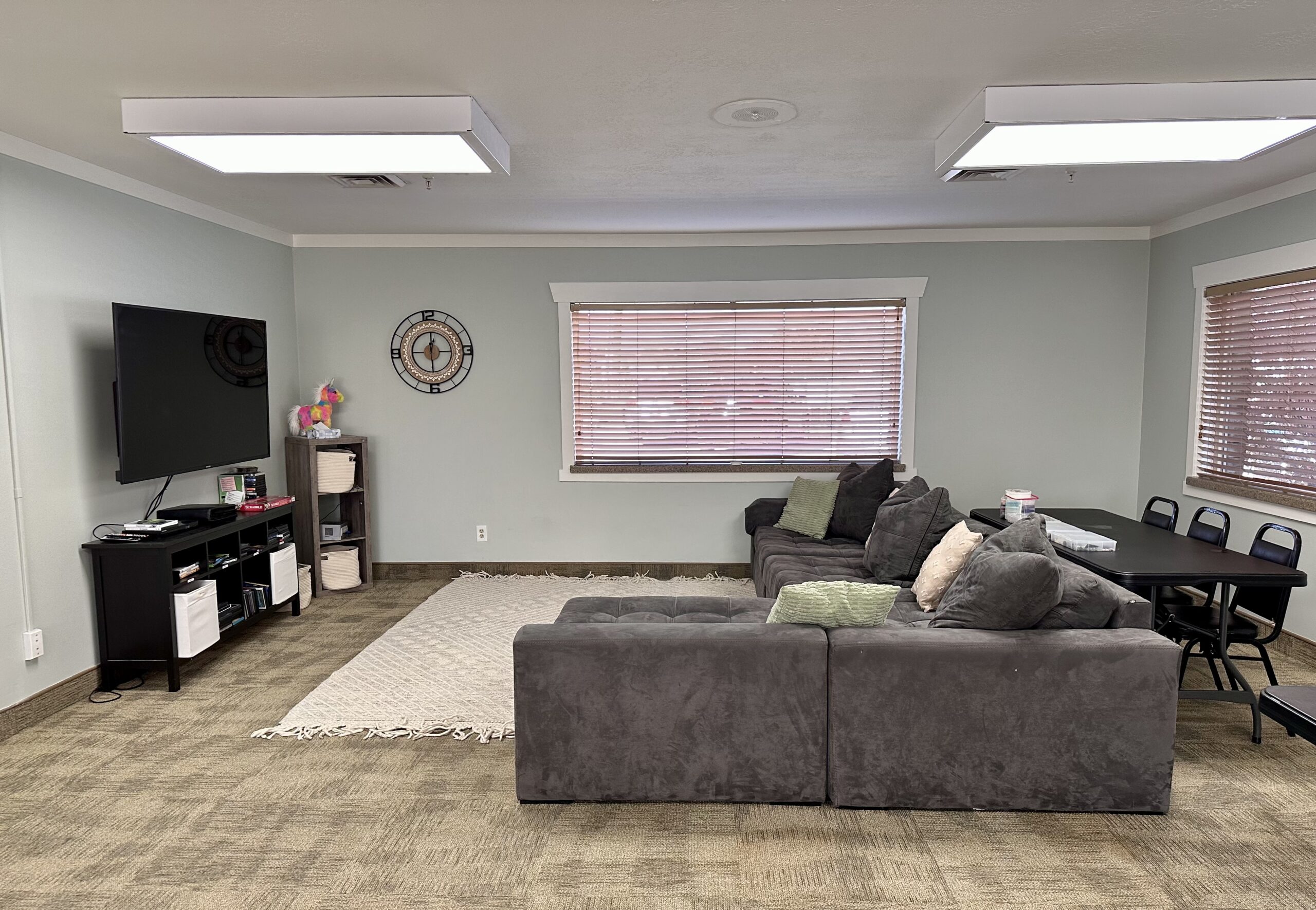
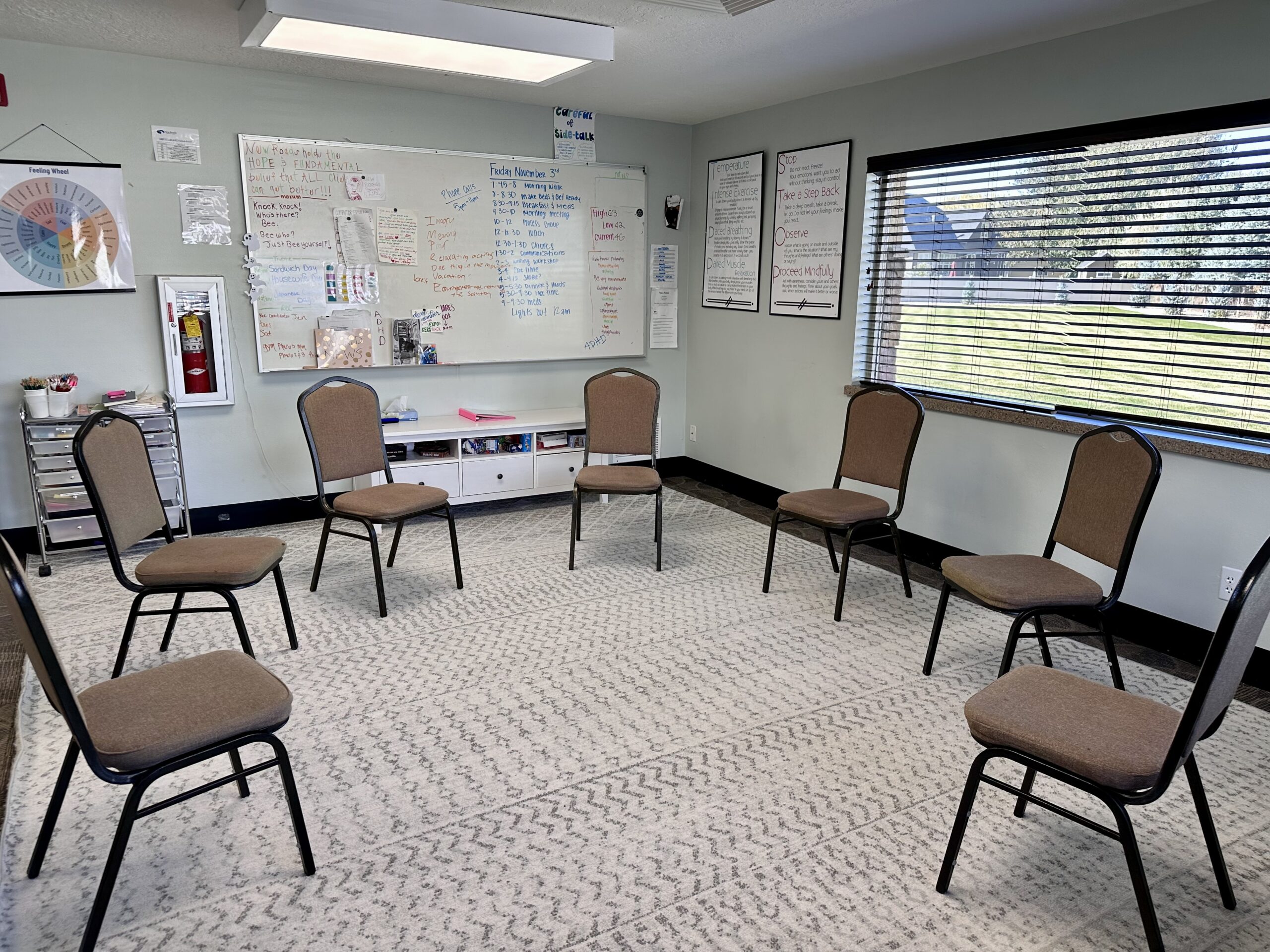
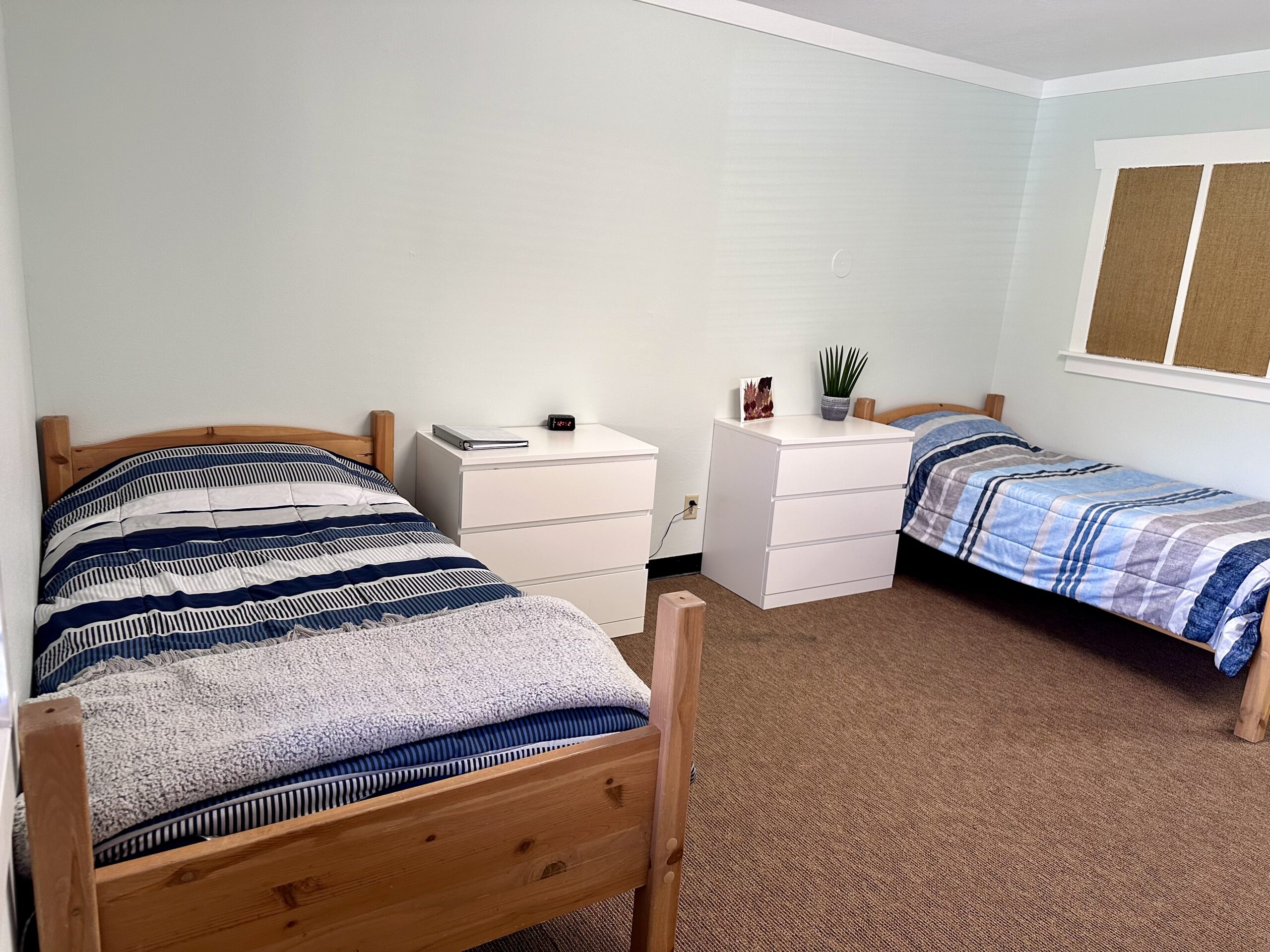
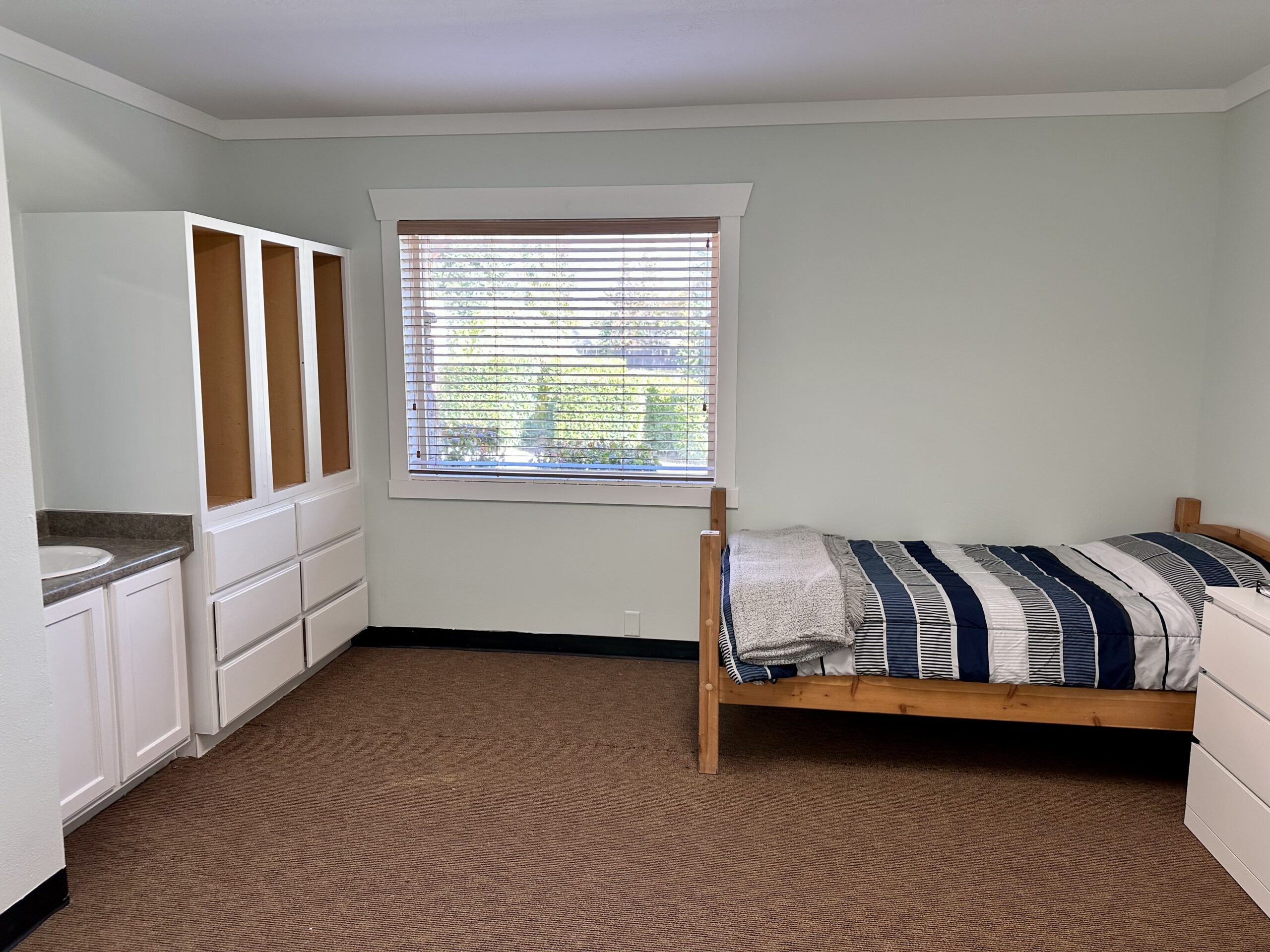
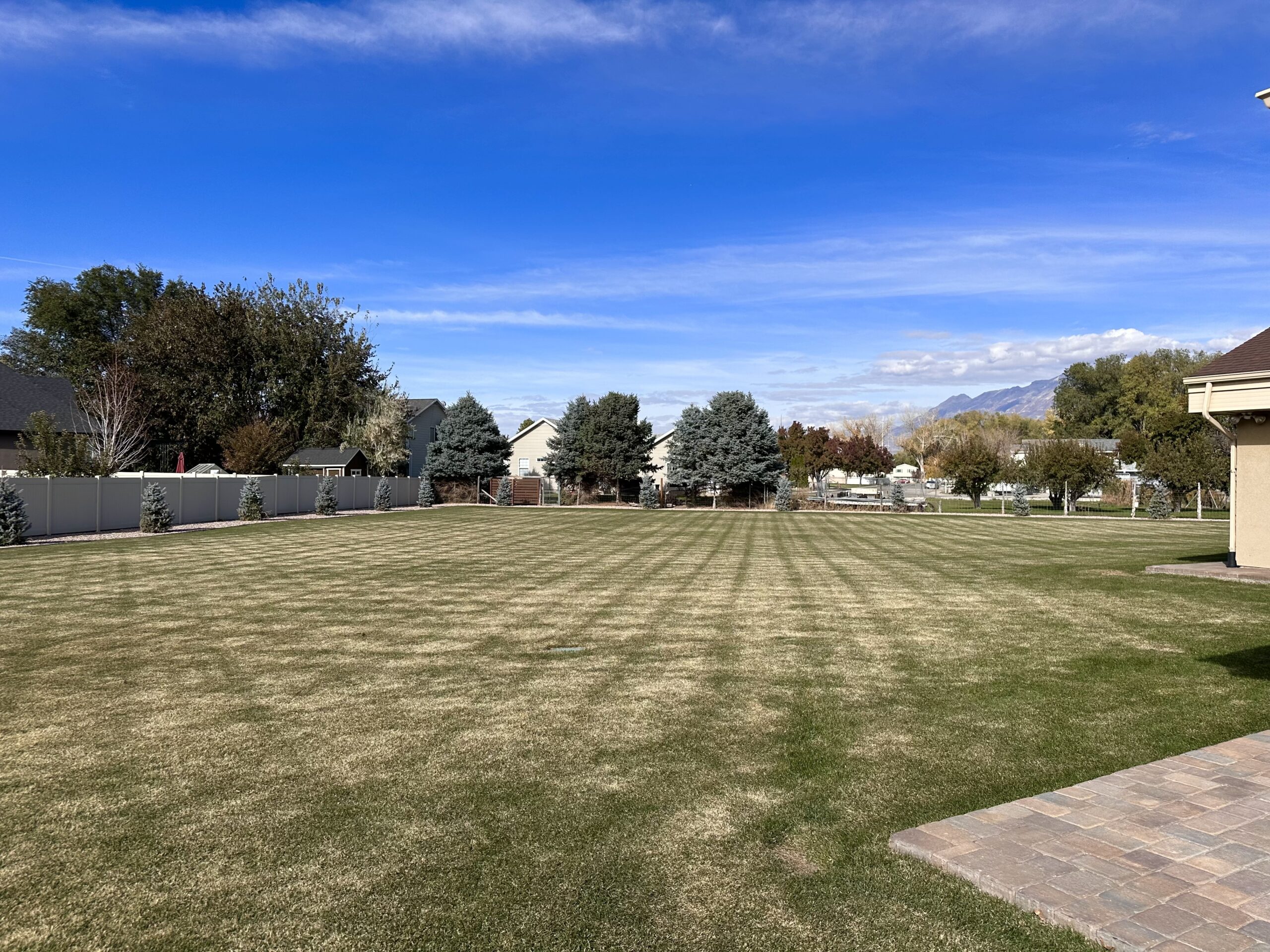
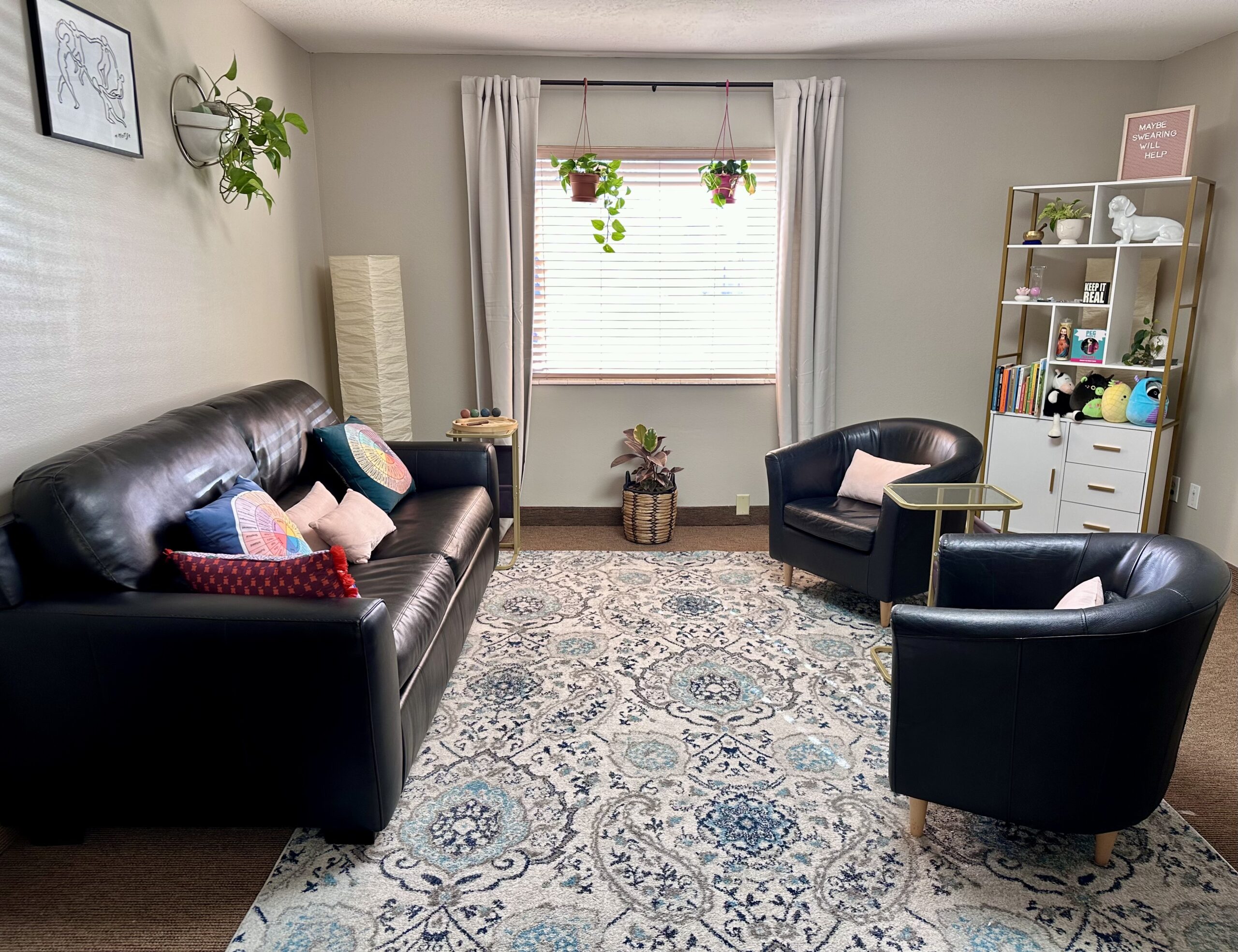
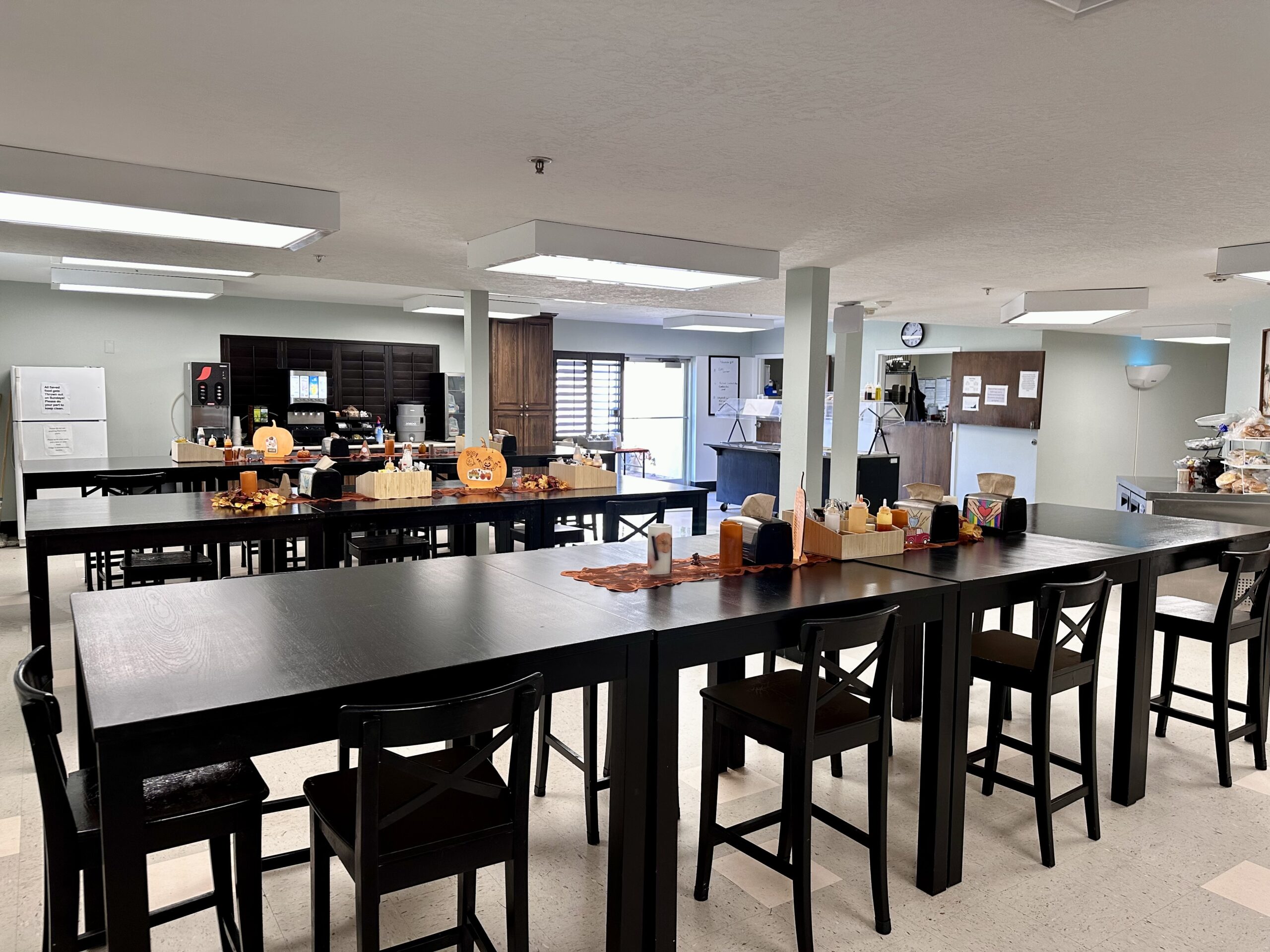
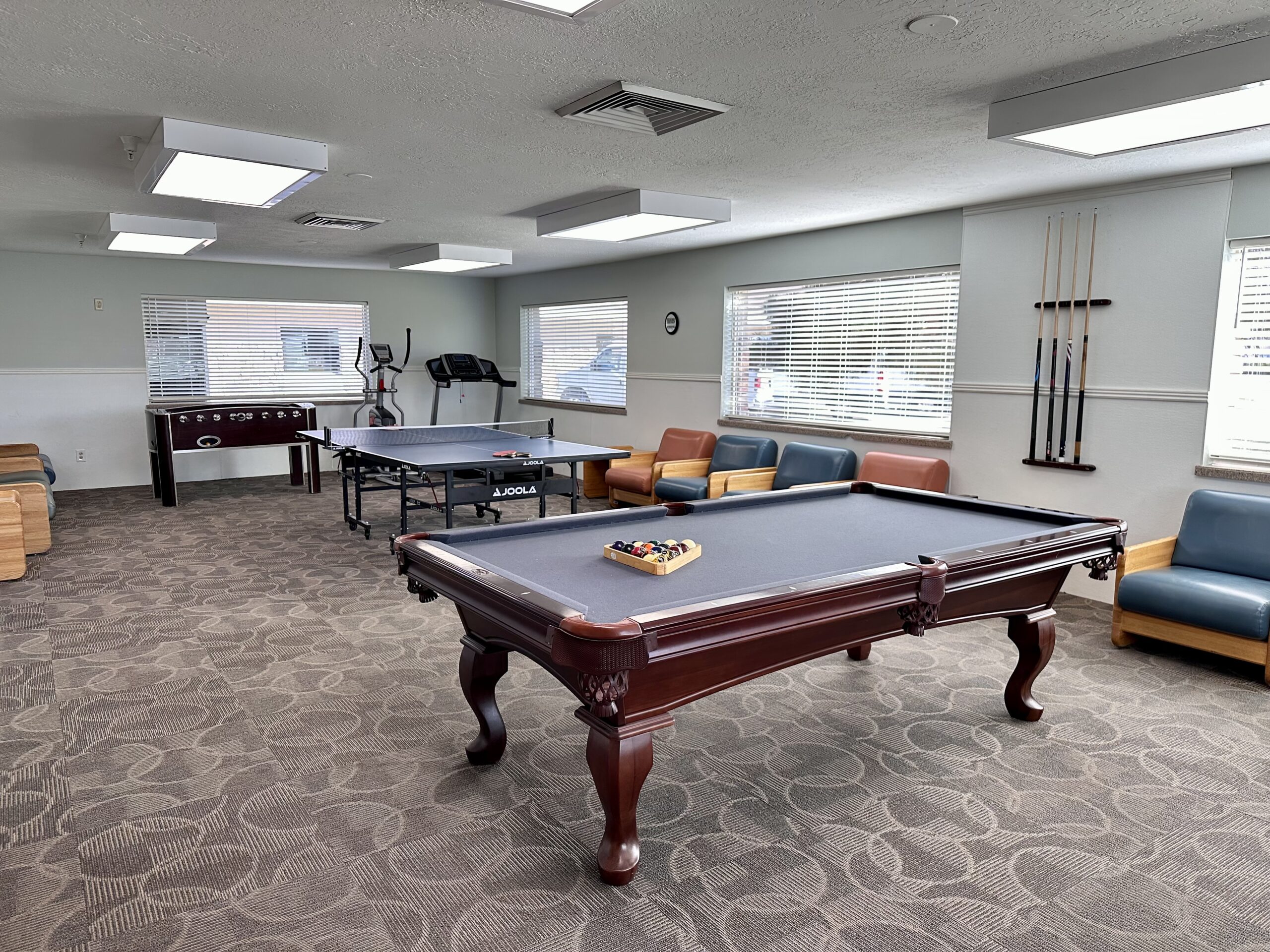
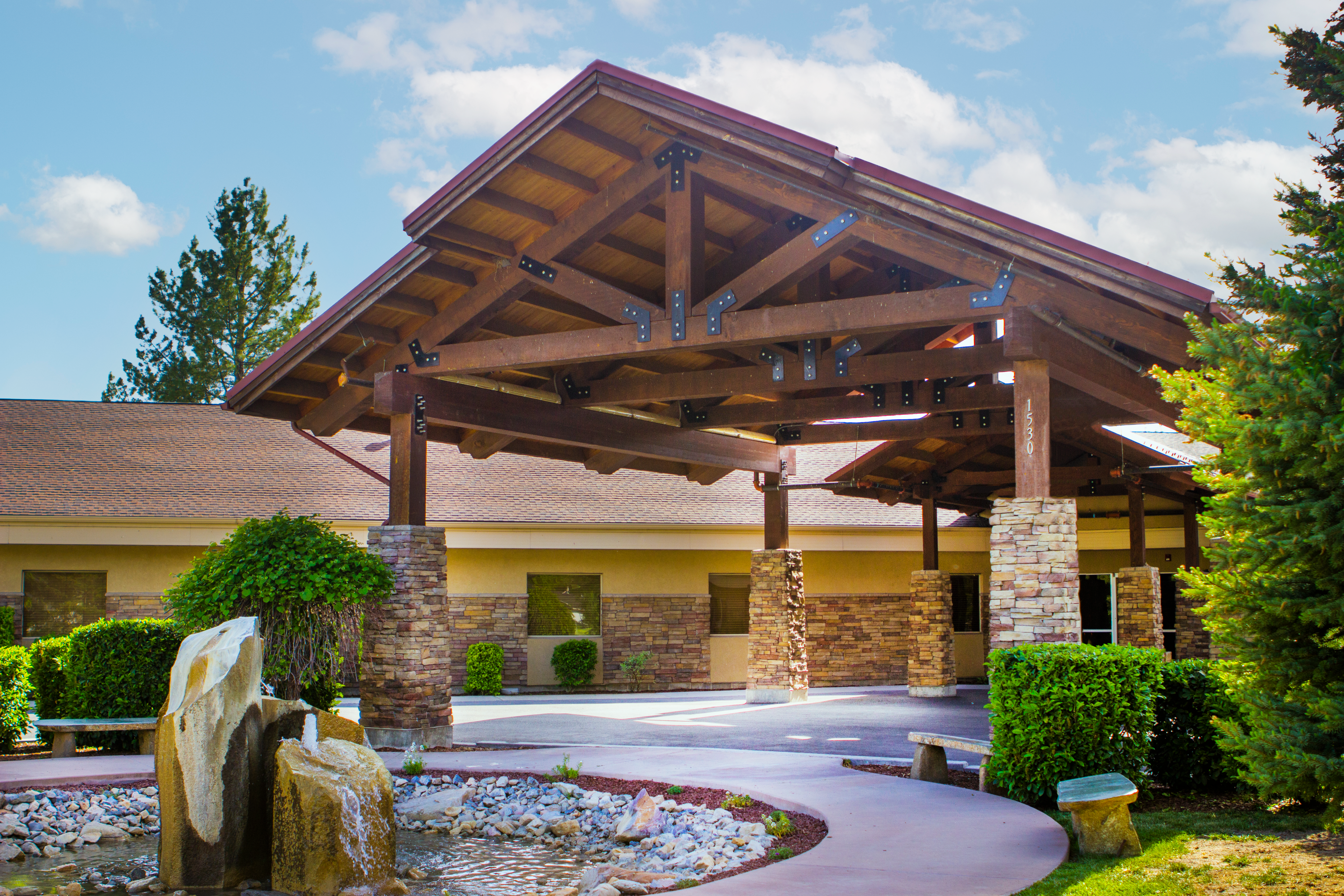
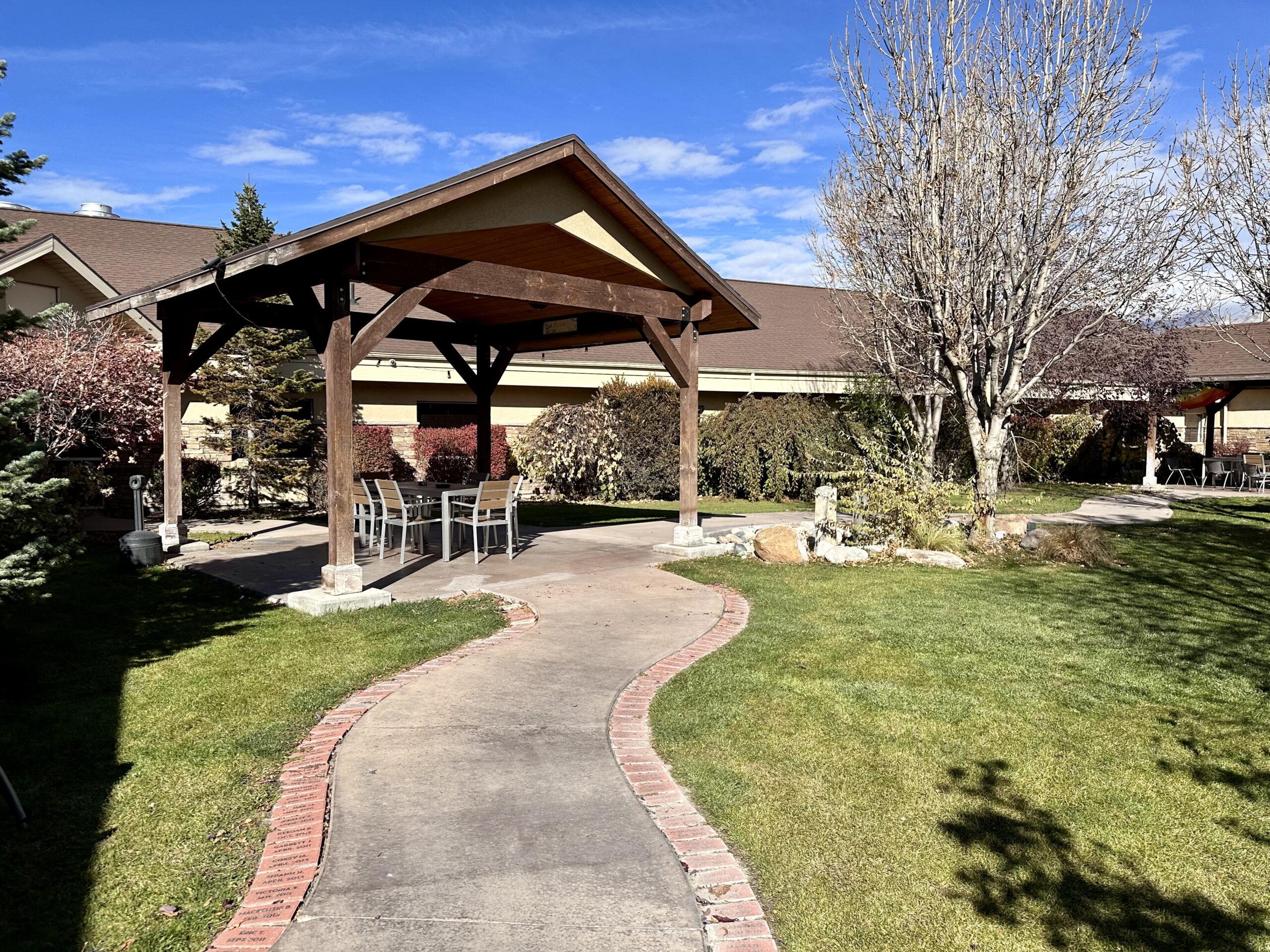
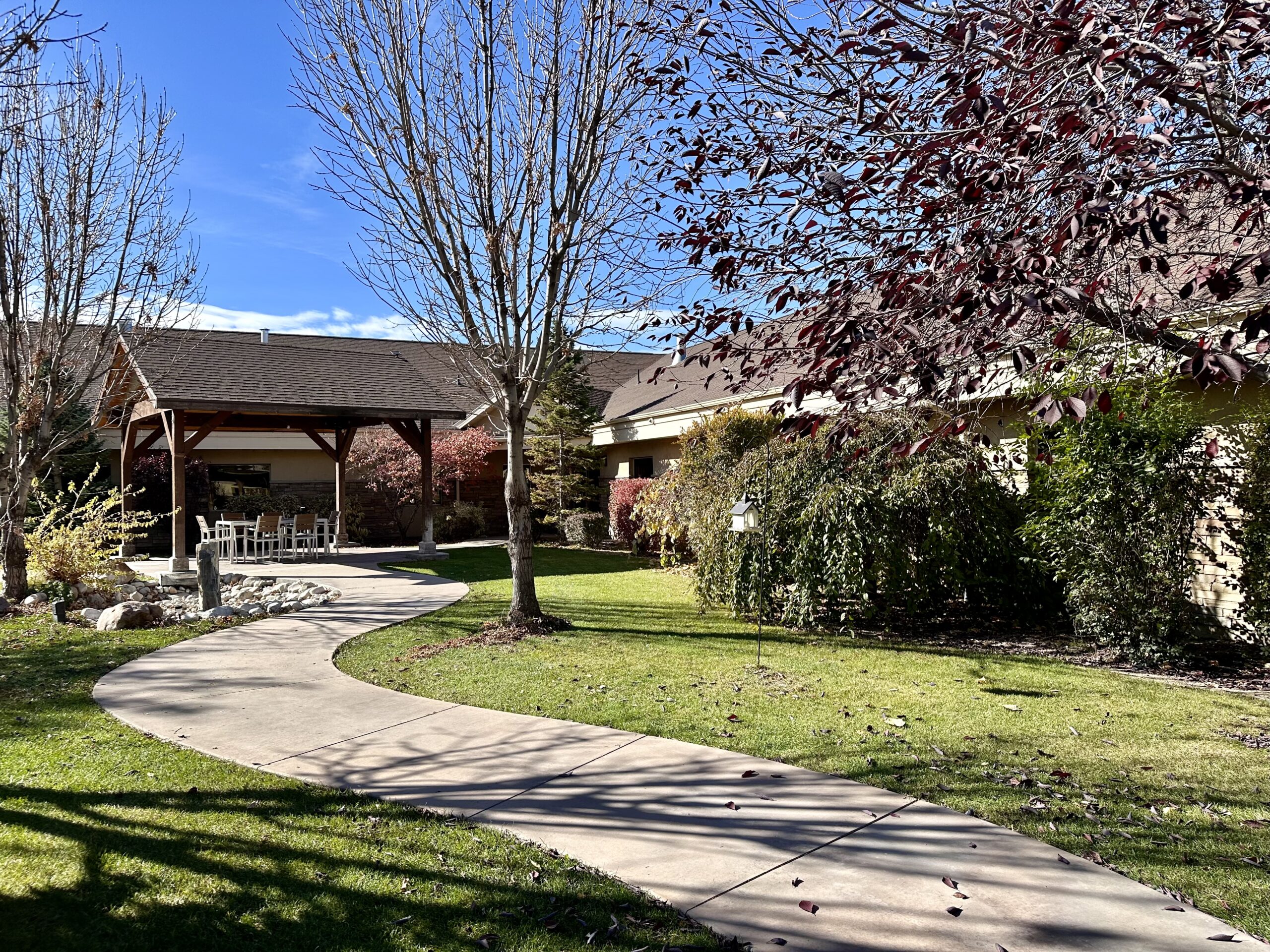
Take Back Your Life
Request to be contacted below by filling out your information.
